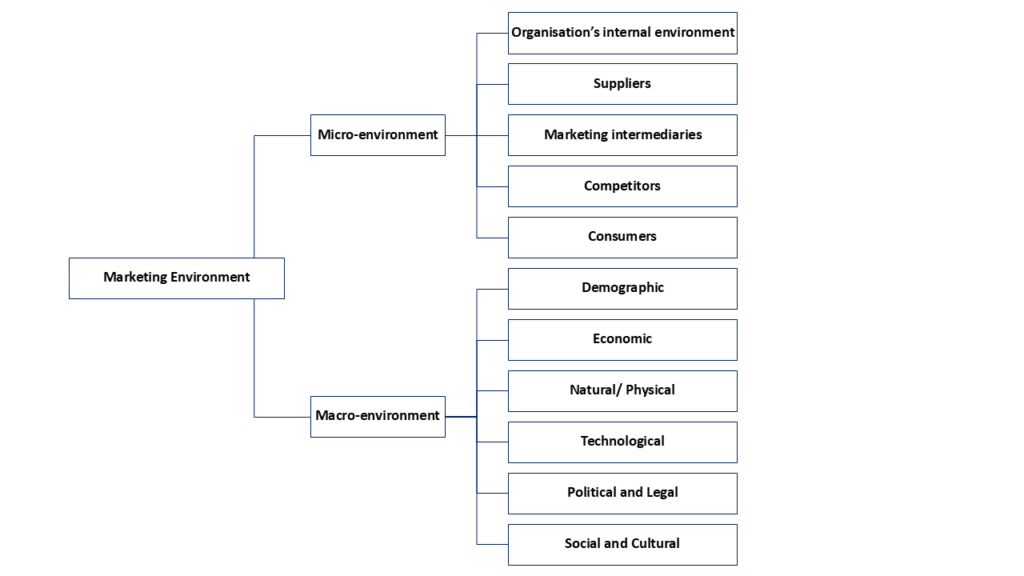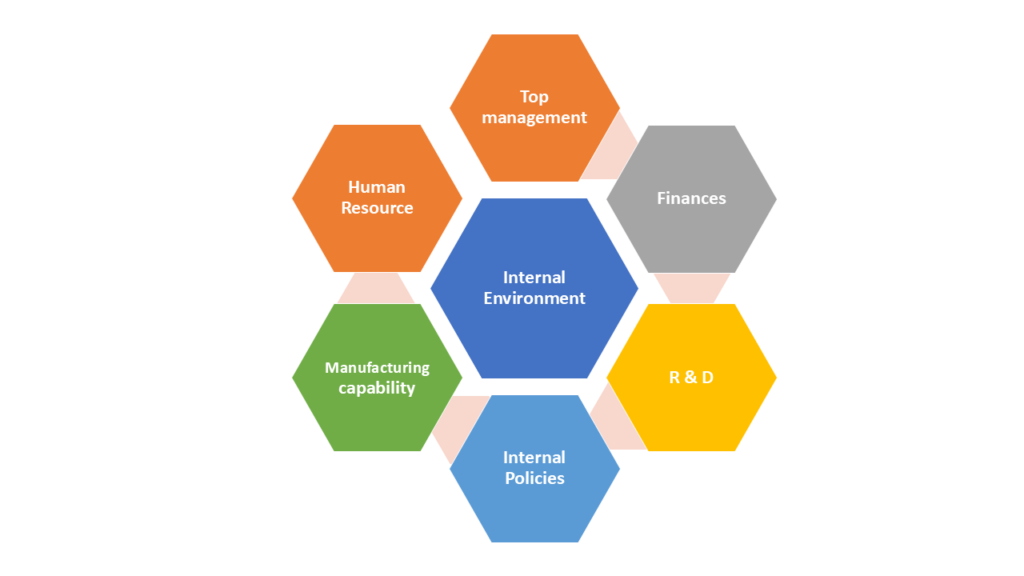Understanding Macroenvironment: Marketing Environment in Principles of Marketing
Marketing Environment Marketing Environment What Is the Marketing Environment? Imagine you are a captain sailing a ship. The weather, waves, wind, and sea creatures – all influence your journey, even if you don’t control them. The marketing environment works the same way. It includes all the external and internal factors that influence a company’s ability […]
Understanding Macroenvironment: Marketing Environment in Principles of Marketing Read More »

